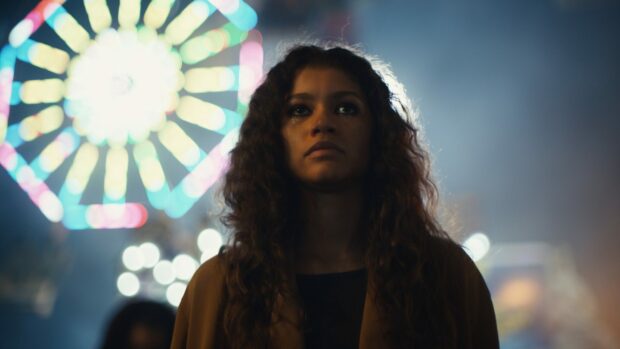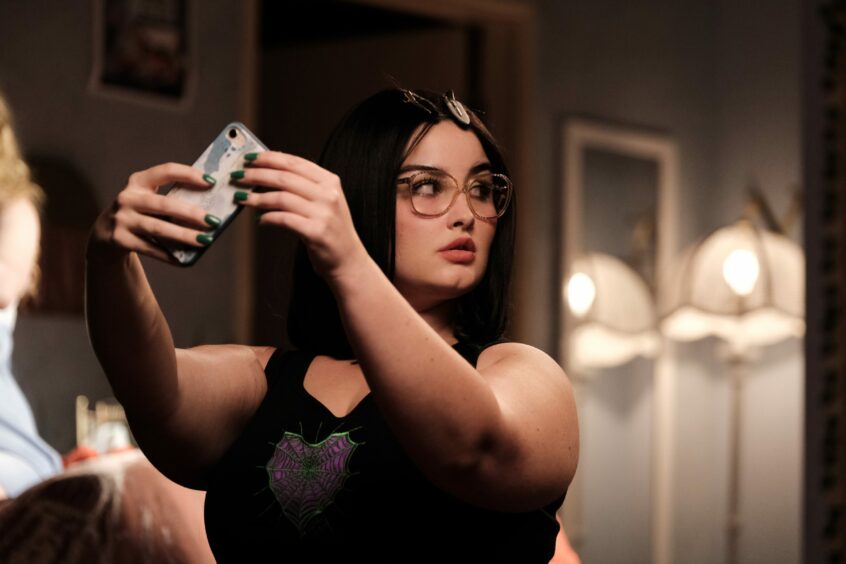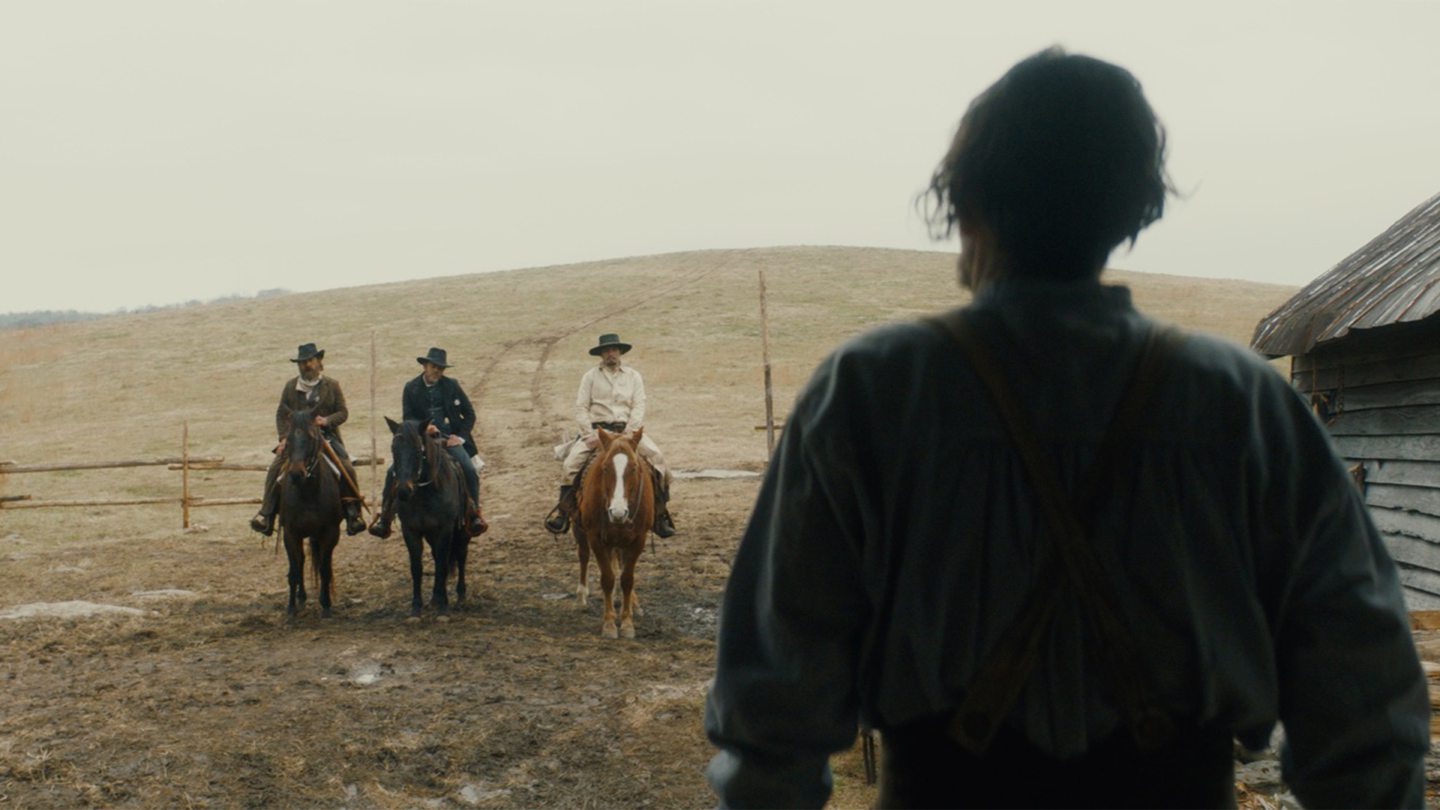Although I’m depressingly distant from the target demographic for Euphoria (Sky Atlantic) the series is so astonishingly imaginative that I don’t feel weird about loving it.
To describe Euphoria as a ‘high school drama’ would be like saying The Sopranos is a ‘gangster thriller’ – yes it is, but it’s about so much more than that.
Space and time mean nothing to Euphoria, and the hyper-stylised series ended this week with a finale that gleefully bounced between past and present and reality and fiction.
The last episode was set around Lexi’s nakedly autobiographical (and Broadway-standard) school play, which provided Euphoria creator Sam Levinson with the perfect framework to bounce between characters and to resolve many of this series’ dangling plot threads.
Not that Euphoria has shown a traditional appreciation for such trifling things as plot.
Although there are storylines that carried across all eight episodes, Levinson seems to have no loyalty to any of them.
One of the highlights of this series was Rue’s drug-induced meltdown and subsequent imprisonment and escape from a drug dealer’s home. I fully expected the fallout of that palm-sweatingly intense episode to play out for the remaining episodes, but Levinson seems to have pushed it to the backburner.
Normally that would be a criticism, but I think I love the confidence that must take.
As we saw in episode one’s Goodfellas-like origin story for drug dealer Fez and episode three’s long flashback to see closeted dad Cal’s youth in the 80s, Euphoria isn’t afraid to screech the brakes on the main storylines and give viewers almost mini-movie digressions.
Euphoria doesn’t play by any of the rules of ‘high school drama’, which is why I can’t wait to see where it goes in season three.
An affectionate look at oil boom
The story of the oil industry in the 1970s is one that’s well telt in this neck of the woods, but that doesn’t mean that Rigs of Nigg (iPlayer) wasn’t a very enjoyable trip down memory lane.
It’s 50 years since the area around the Cromarty Firth turned from quiet fishing community into a North Sea oil hub and Don Coutts’ documentary was an affectionate look back at those boom years.
Anyone who worked or lived there can’t fail to have been hit with waves of nostalgia as former welders, engineers, fabricators and villagers remembered the good times – all scored to an infectious early 70s pop soundtrack.
Emergency’s soapy conceit
Although fly-on-the-wall series about the emergency services are ten a penny these days, Emergency (Channel 4) was a little bit different.
The decision to show all four episodes over the course of the week was clever because it meant viewers could follow the progress of each patient.
You could criticise that as a bit of a soap opera-ish conceit, but I thought it made Emergency stand out from the pack.
Is Stanley Tucci ready to take Bourdain’s crown?
Following the tragic loss of Anthony Bourdain in 2018 no one has really emerged as a rightful successor to his foodie crown.
Stanley Tucci: Searching For Italy (BBC2) is perhaps the closest we’ve come though, and I would happily watch more series with the actor munching his way around the globe.
This series was made for CNN – Bourdain’s old channel – so the comparisons maybe aren’t coincidental.
Although it perhaps doesn’t go as deep as the late presenter’s series – culture and politics were as fascinating to Bourdain as the food – Tucci is a captivating host and his genuine passion for the subject can’t be faked or fail to put a smile on your face.
Film of the week: Old Henry (Sky Cinema)
As films like Shallow Grave and A Simple Plan have proved, a stolen bag of cash falling into the wrong hands can be the perfect kicking-off point for a thriller.
In Old Henry, it transplants that plot device to the Western frontier and shows what happens when a softly spoken farmer (Tim Blake Nelson) unwisely decides to take the loot home.
When a satisfyingly snarly Stephen Dorff rocks up with his posse looking for their money it isn’t long before pistols are drawn and Henry and his son must fight for their lives.
Potsy Ponciroli’s film may be small in scale but it has some grand ambitions, with a plot that takes on almost mythic significance in the latter half of the film.
Westerns are few and far between these days – and good ones even more so – which makes Old Henry a rare treat for fans of old-fashioned horse operas.




